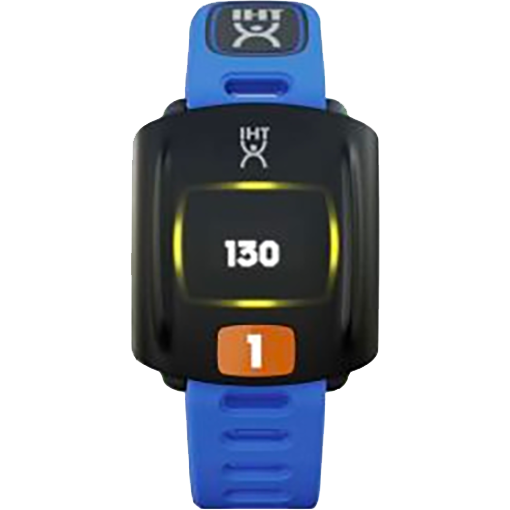Originally published Jan. 1, 2018 in Psychology Today.
By Christopher Bergland, The Athlete’s Way
Just 10 minutes of aerobic exercise can improve executive function by priming parts of the brain used to laser focus on the task at hand, according to a new study. This paper, “Executive-Related Oculomotor Control Is Improved Following a 10-minute Single-Bout of Aerobic Exercise: Evidence from the Antisaccade Task,” was published in the January 2018 issue of Neuropsychologia.
This research was conducted by Matthew Heath, who is a kinesiology professor and supervisor in the Graduate Program in Neuroscience at the University of Western Ontario, along with UWO master’s student Ashna Samani.
For this study, Samani and Heath asked a cohort of healthy young adults to either sit quietly and read magazines or perform 10 minutes of moderate-to-vigorous physical activity (MVPA) on a stationary bicycle. (MVPA aerobic intensity is hard enough that you might break a sweat but easy enough that you can carry on a conversation.)
Immediately after the 10-minute reading task or time spent doing aerobic exercise, the researchers used eye-tracking equipment to gauge antisaccades, which is a way to measure varying degrees of executive control.
As the authors explain in the study abstract, “Antisaccades are an executive task requiring a goal-directed eye movement (i.e., a saccade) mirror-symmetrical to a visual stimulus. The hands- and language-free nature of antisaccades coupled with the temporal precision of eye-tracking technology make it an ideal tool for identifying executive performance changes.”
Previous research reported that 20 minutes (or more) of MVPA improved task-specific activity within frontoparietal networks of the brain and produced a short-term boost in executive-related cognitive control. However, the new findings from UWO suggest that executive-related brain benefits can kick in after just 10 minutes of aerobic exercise.
“Some people can’t commit to a long-term exercise regime because of time or physical capacity,” Matthew Heath said in a statement. “This shows that people can cycle or walk briskly for a short duration, even once, and find immediate benefits.”
“I always tell my students before they write a test or an exam or go into an interview — or do anything that is cognitively demanding — they should get some exercise first,” Heath emphasizes. “Our study shows the brain’s networks like it. They perform better.”
Matthew Heath and colleagues at Western’s Brain and Mind Institute are currently conducting a study to determine exactly how long the executive-related cognitive benefits of a 10-minute aerobic workout last after finishing a short bout of MVPA.



